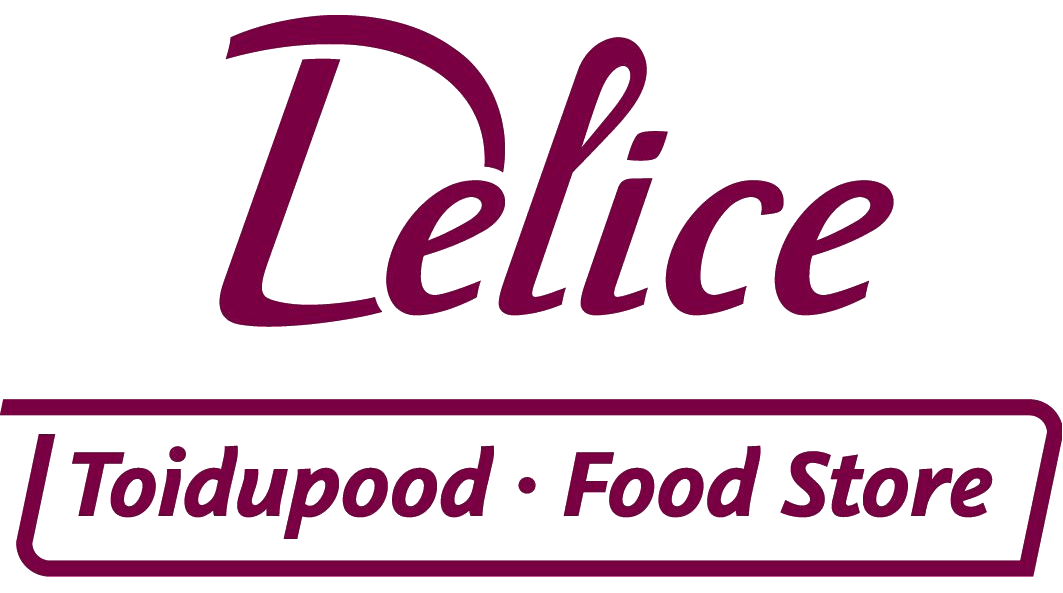Research-Based GoodNightSleep Sleeping Capsules in Collaboration with the Institute of Pharmacy of the University of Tartu

Research-Based GoodNightSleep Sleeping Capsules in Collaboration with the Institute of Pharmacy of the University of Tartu
In cooperation with NutriDream and the Institute of Pharmacy of the University of Tartu, the science-based food supplement GoodNightSleep has been developed, the hard capsules of which contain various plant extracts and vitamins and promote sleep and improve sleep quality. GoodNightSleep capsules were created based on research published in the scientific literature, the market situation, the definitions of the European Medicines Agency, and the regulations of the Estonian Medicines Agency and the Agricultural and Food Board. As a result of extensive work, specific plant extracts and amounts were selected that, together with the monitoring of sleep hygiene, help to achieve the best effect in alleviating short-term sleep problems. As a novel ingredient, heather has also been used in the preparation as a natural remedy that, according to recent data, supports the functioning of the central nervous system.
Valerian (Valeriana officinalis) is a perennial herb that grows naturally in the meadows and marshes of Estonia and is characterized by a strong aroma and a spicy-bitter-sweet taste. Valerian rhizomes and roots are used as drugs. They contain the chemical compounds valepotriates, which together with the components of the essential oil have a calming effect. As valepotriates are thermolabile compounds, an industrial preparation should be preferred to home-cooked valerian tea. Valerian has long been associated with the central nervous system as a sedative and sleep aid. The European Medicines Agency also considers valerian root dry extract to be a scientifically used herb for the relief of mild sleep disorders. However, if you take more than 20 g of the drug a day, side effects such as nausea, cramps in the gastrointestinal tract (frequency not known) and loss of ability to drive or use machines may occur. The effect of valerian may be reduced with long-term administration. Contraindications are hypersensitivity, in which case valerian should be discontinued immediately. In addition, there are people for whom the alkaloids contained in valerian may have the opposite effect, ie intoxication and stimulation (such as in cats).
Lemon balm (Melissa officinalis) is a perennial herb belonging to the family Lamiaceae, with a faint resemblance to that of a lemon. Leaves and herbs are usually used as drugs. Lemon balm is a cold-tender plant grown in our gardens. The European Medicines Agency classifies lemon balm as a traditional herbal remedy that improves sleep and relieves the symptoms of mental stress. Studies to date have shown that lemon balm has a stronger effect on the central nervous system when combined with other similar drugs. In addition to the above, lemon balm also helps to regulate digestive activity. Lemon balm should not be confused with catnip, which is similar in appearance and smell but has no sedative effect.
The common hop (Humulus lupulus) belongs to the family Cannabaceae. The drug is infertile mother flowers, also known as hop strobiles. Hops grow almost all over Europe, in Estonia more in the banks of streams and rivers in northern and central Estonia. Hops are mostly associated with the specific bitter taste, color and smell of beer, but the European Medicines Agency estimates that hops are a traditional herb that relieves the mild symptoms of mental stress and promotes sleep. If special varieties of hops are grown for the production of beer, naturally growing hops can also be used as a medicinal plant. Studies have shown that the combination with valerian, lemon balm and passionflower have a stronger sedative and sleep-promoting effect. This must be taken into account when driving or using machines. Hops are not recommended for use by children under 12 years of age, pregnant women or nursing mothers. The drug is also contraindicated in allergic reactions.
Motherwort (Leonurus cardiaca) is a perennial herb common in Europe. In Estonia, it can be found around residential buildings and on the edges of fences. The herb has been used as a sedative in Estonian folk medicine. The European Medicines Agency also considers the dry extract of motherwort to be a traditional herbal remedy for the relief of symptoms associated with nervous tension and heart problems caused by the nervous system (eg palpitations). Studies have shown that motherwort, along with valerian, lemon balm and hops, helps to improve sleep quality and reduce bad dreams and daytime sleepiness. Hypersensitivity is a contraindication. The use of motherwort in tea is hampered by its very bitter taste.
The common heather (Calluna vulgaris) has been used in folk medicine for a number of ailments. The sleep-promoting and sedative effects have not yet been thoroughly demonstrated in experiments, and the European Medicines Agency has not yet taken a position on heather. However, according to some studies, heather extract is known to have anti-inflammatory and antimicrobial activity. Heather also has a mild anti-stress, anti-anxiety and anti-depressant effect and inhibits (anxiolytically) negative emotions such as fear and anger. Insomnia is also mentioned in the internationally recognized handbook as one of the indications for heather. Such effects of heather have been studied, among others, in collaboration with Ukrainian and Estonian researchers.
Vitamin B12 is a water-soluble vitamin that supports the normal functioning of the nervous system and psychological functions. It also helps reduce fatigue and exhaustion.
GoodNightSleep capsules are designed for people with short-term sleep problems and are intended for use with sleep hygiene. Thus, natural herbal extracts are added to the capsules in amounts to help you fall asleep during sleepless periods. At the same time, it must not be forgotten that products that promote sleep are not intended to solve the problem in the long run. They are primarily intended to help you get your sleep hygiene right. Thus, good sleep is not only the result of taking tablets, capsules or tinctures, but also a healthy lifestyle and proper sleep hygiene.
Used materials
- European Union herbal monograph on Valeriana officinalis, radix. 20 February 2016, EMA/HMPC/150848/2015. https://www.ema.europa.eu/en/documents/herbal-monograph/final-european-union-herbal-monograph-valeriana-officinalis-l-radix_en.pdf (külastatud 24.04.22).
- Assessment report on Melissa officinalis, folium. 14 May 2013, EMA/HMPC/196746/2012. https://www.ema.europa.eu/en/documents/herbal-report/final-assessment-report-melissa-officinalis-l-folium_en.pdf (külastatud 24.04.22).
- Assessment report on Humulus lupulus, flos. 8 May 2014, EMA/HMPC/418902/2005
- https://www.ema.europa.eu/en/documents/herbal-report/final-assessment-report-humulus-lupulus-l-flos-revision-1_en.pdf (külastatud 24.04.22).
- Assessment report on Leonurus cardiaca, herba. 6 May 2010, EMA/HMPC/127430/2010. https://www.ema.europa.eu/en/documents/herbal-report/draft-assessment-report-leonurus-cardiaca-l-herba_en.pdf (külastatud 24.04.22).
- PDR for Herbal medicines. 4th edition. Thomson, 2007.
- Starchenko G., Hrytsyk A., Raal A., Koshovyi O. Phytochemical profile and pharmacological activities of water and hydroethanolic dry extracts of Calluna vulgaris(L.) Hull. Herb. Plants, 2020, 9(6):751. doi: 10.3390/plants9060751.
- Farmakognoosia õpik, teine trükk. A. Raal, Tartu Ülikooli kirjastus, 2016.
- Euroopa Liidu Teataja, komisjoni määrus nr 402/2012.












